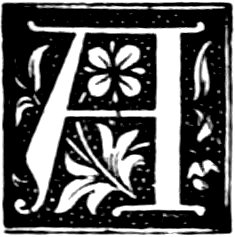
SCIENTIFIC ROMANCES.
BY
C. H. HINTON, B.A.
- What is the Fourth Dimension?
- The Persian King.
- A Plane World.
- A Picture of Our Universe.
- Casting Out the Self.

FIRST SERIES.
London.
SWAN SONNENSCHEIN & CO., LIM.,
Paternoster Square.
1886.
What is the Fourth Dimension?
CHAPTER I.

At the present time our actions are largely influencedby our theories. We have abandonedthe simple and instinctive mode of lifeof the earlier civilisations for one regulatedby the assumptions of our knowledge and supplementedby all the devices of intelligence. In such a state it ispossible to conceive that a danger may arise, not onlyfrom a want of knowledge and practical skill, but evenfrom the very presence and possession of them in any onedepartment, if there is a lack of information in otherdepartments. If, for instance, with our present knowledgeof physical laws and mechanical skill, we were to buildhouses without regard to the conditions laid down byphysiology, we should probably—to suit an apparentconvenience—make them perfectly draught-tight, and thebest-constructed mansions would be full of suffocatingchambers. The knowledge of the construction of thebody and the conditions of its health prevent it fromsuffering injury by the development of our powers overnature.
In no dissimilar way the mental balance is saved fromthe dangers attending an attention concentrated on the4laws of mechanical science by a just consideration of theconstitution of the knowing faculty, and the conditions ofknowledge. Whatever pursuit we are engaged in, we areacting consciously or unconsciously upon some theory,some view of things. And when the limits of dailyroutine are continually narrowed by the ever-increasingcomplication of our civilisation, it becomes doubly importantthat not one only but every kind of thought shouldbe shared in.
There are two ways of passing beyond the domain ofpractical certainty, and of looking into the vast range ofpossibility. One is by asking, “What is knowledge?What constitutes experience?” If we adopt this coursewe are plunged into a sea of speculation. Were it notthat the highest faculties of the mind find therein soample a range, we should return to the solid ground offacts, with simply a feeling of relief at escaping from sogreat a confusion and contradictoriness.
The other path which leads us beyond the horizon ofactual experience is that of questioning whatever seemsarbitrary and irrationally limited in the domain of knowledge.Such a questioning has often been successfullyapplied in the search for new facts. For a long time fourgases were considered i